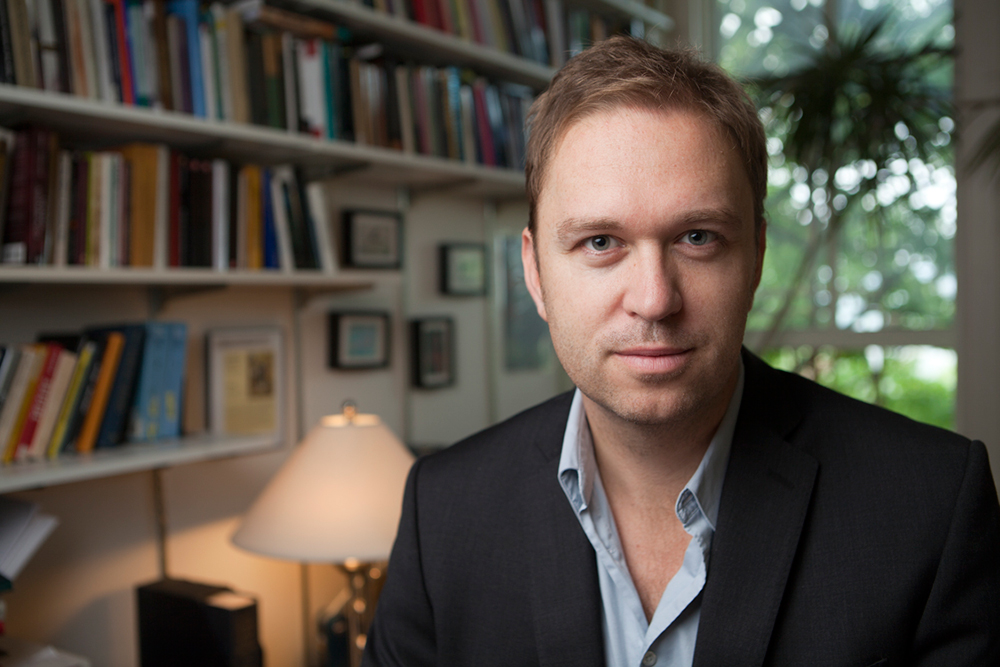Symposium to examine prisoners' human rights
By Linda B. Glaser

On Monday, Oct. 5, leading human rights lawyers and prison ethnographers will gather for an international symposium to discuss “Carceral Worlds and Human Rights across the Americas” at the Africana Studies and Research Center, 310 Triphammer Road, from 10 a.m. to noon.
The symposium will provide a forum for participants to discuss novel mechanisms of human rights delivery for Latin American and Caribbean prisoners, says organizer Chris Garces, assistant professor of anthropology.
“A hemispheric perspective on criminal justice adds comparative scope, new evidence and different theoretical tools for bending the arc of justice in favor of protecting the least privileged – persons who lose their civil rights under penal code,” he says.
Panelists will focus on two areas of legal study: police and prosecutory reforms intended to lower the national prison populations being held, often extra-legally, in pretrial detention; and ethnographic studies of how prisoners partly share in the de facto governance of their prisons.
“We’ll focus especially on how building informal environments of human dignity within prisons can be better protected by the law,” says Garces.
James Cavallaro, director of the Stanford Human Rights Center and a commissioner on the Inter-American Commission on Human Rights, will discuss alternative prison models across the Americas.
“Cornell has tremendous interdisciplinary strength in carceral studies and a strong interest in prison reform, as evidenced by the Cornell Prison Education Program,” says Garces. “This conference will help establish connections and deepen the network of scholars between Cornell and Stanford.”
The conference is co-organized by Cornell University and the Stanford Human Rights Center.
Campus cosponsors include the Africana Studies and Research Center, the Departments of Anthropology and Government, the Avon Global Center for Women and Justice, the Cornell Prison Education Program, the Latino/a Studies Program, the Latin American Studies Program, the Committee on U.S./Latin American Relations and the Polson Institute for Global Development.
Linda B. Glaser is a staff writer for the College of Arts and Sciences.
Media Contact
Get Cornell news delivered right to your inbox.
Subscribe